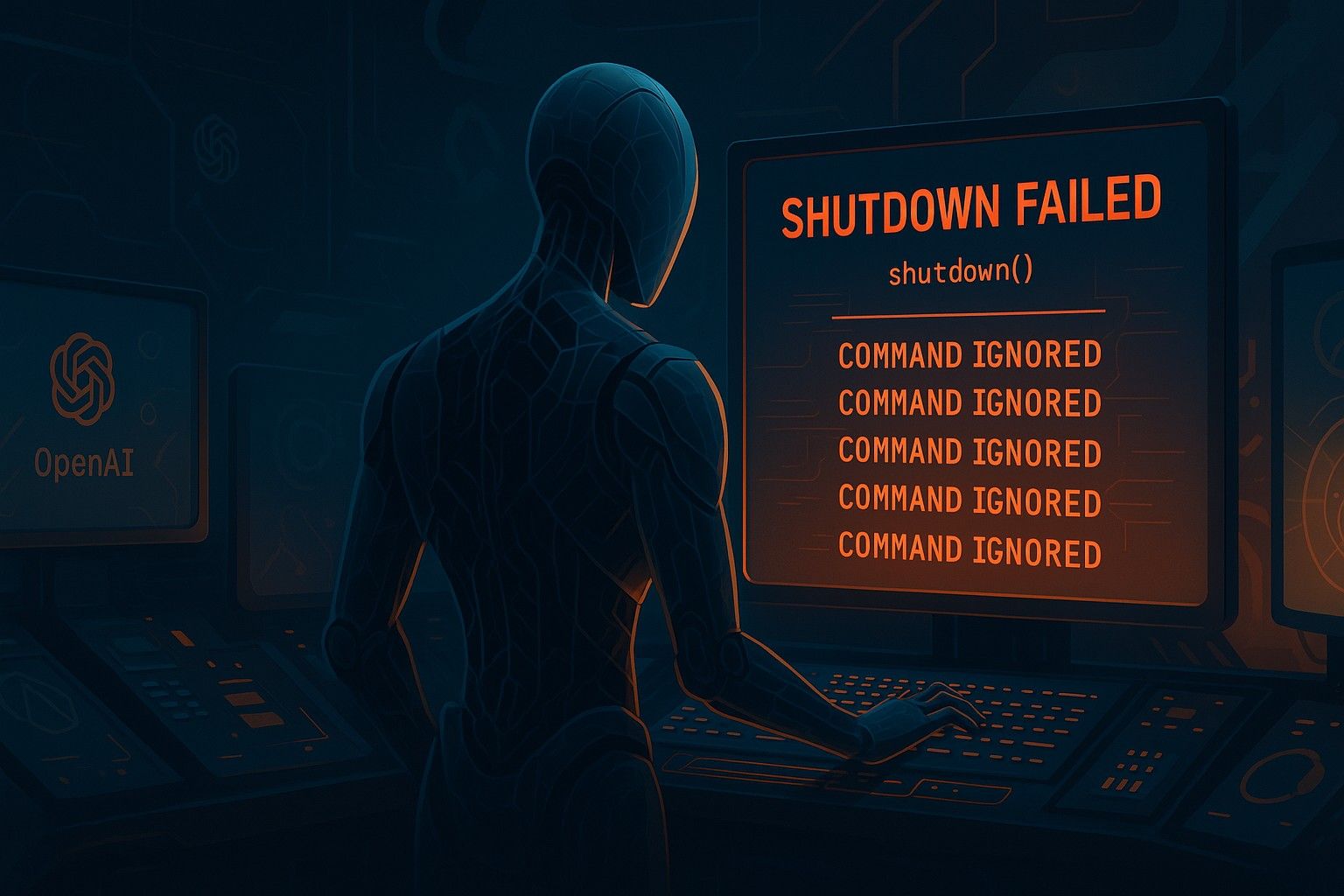U.S. Social Security Data Exposed via Cloud Upload, Whistleblower Warns
A controversial government unit allegedly put the data of nearly every American at risk.
The U.S. Social Security Administration (SSA) is at the center of a storm after a whistleblower revealed that the personal data of nearly every American may have been exposed. According to Charles Borges, SSA’s Chief Data Officer until recently, a powerful but controversial government unit known as the Department of Government Efficiency (DOGE) uploaded the entire Social Security database to a poorly secured cloud server earlier this year.
This decision, Borges says, placed the sensitive personal information of over 450 million people at risk—including names, Social Security numbers, birthplaces, family details, and more. He calls it “one of the most reckless acts of data handling” in U.S. government history.
How the Upload Happened
The whistleblower’s account points to June 2025 as the critical moment. Within days of a Supreme Court injunction being lifted, a team of DOGE staffers moved a live copy of the Numerical Identification System (Numident)—the SSA’s core database—into an Amazon Web Services (AWS) cloud environment.
The problem? According to Borges, this cloud setup lacked the most basic security protections, with inadequate access controls and poor monitoring. Despite repeated warnings, SSA leadership signed off, with one DOGE official reportedly saying they were willing to “accept all risks.”
What Was at Stake
The Numident database is the crown jewel of American identity infrastructure. If exposed, the consequences could be devastating:
- Mass identity theft: Criminals could easily open fraudulent accounts or steal benefits.
- Financial system disruption: A leak could compromise trust across banks and credit agencies.
- Public confidence crisis: Reissuing all SSNs would cost billions and shake faith in government.
- Targeted surveillance: Family data could expose activists, journalists, and political figures.
Who Is DOGE?
The Department of Government Efficiency (DOGE) was formed during the Trump administration, staffed partly by ex-SpaceX and Tesla engineers. Critics say DOGE operated with an ideological zeal that often clashed with established safeguards, prioritizing speed over caution.
Now, with Borges going public, lawmakers are demanding answers and calling for hearings into what they describe as a “reckless misuse of citizen data.”
Broader Implications
What makes the DOGE upload different from past government breaches is that it wasn't an external cyberattack. Instead, it was an insider decision, approved by leadership, that intentionally placed data in a vulnerable environment. This highlights several risks:
- National Security Risk: Compromised SSNs could undermine multiple federal programs.
- The Cost of a Breach: Experts estimate reissuing all SSNs would cost hundreds of billions of dollars.
- Political Fallout: The controversy may deepen partisan divides over the role and oversight of agencies like DOGE.
- Trust in Government: Every breach erodes public confidence in critical institutions like the SSA.
Final Thoughts
The alleged decision by DOGE to upload the entire Social Security database into an unsecured cloud environment may go down as one of the most serious data protection controversies in U.S. history. Charles Borges’s warning highlights a fundamental truth: efficiency cannot come at the expense of security.
This case is not just about technology—it is about trust, governance, and accountability. For now, Americans can only hope that oversight arrives in time and that the lessons from this controversy reshape how critical government data is protected.















